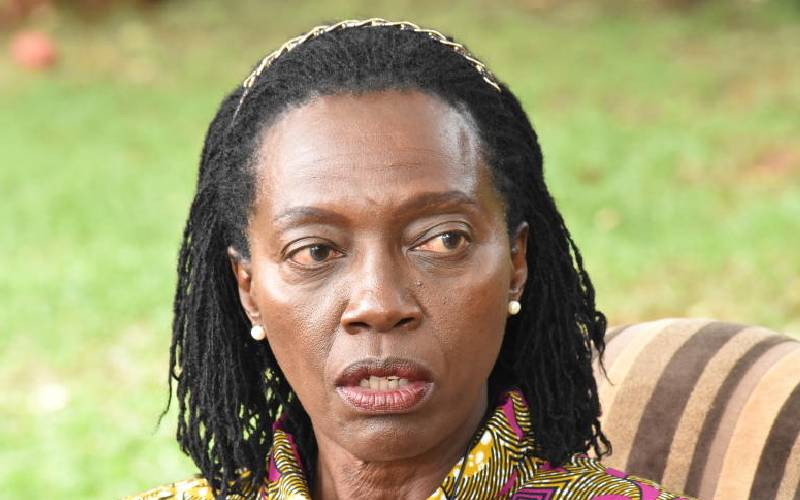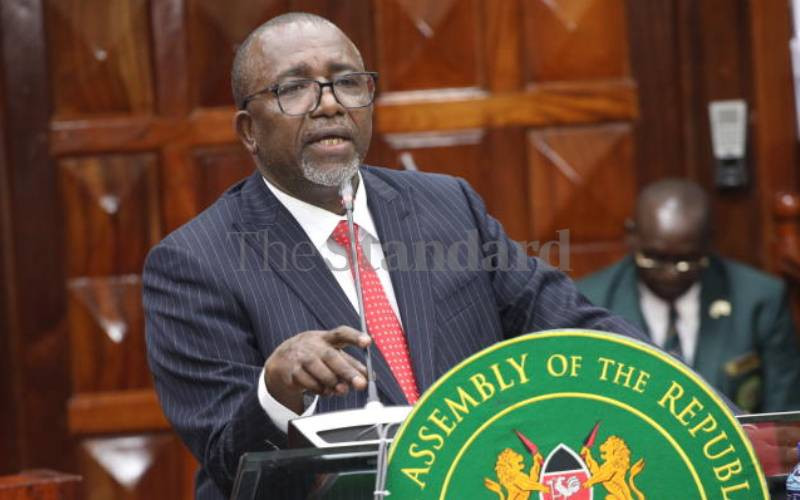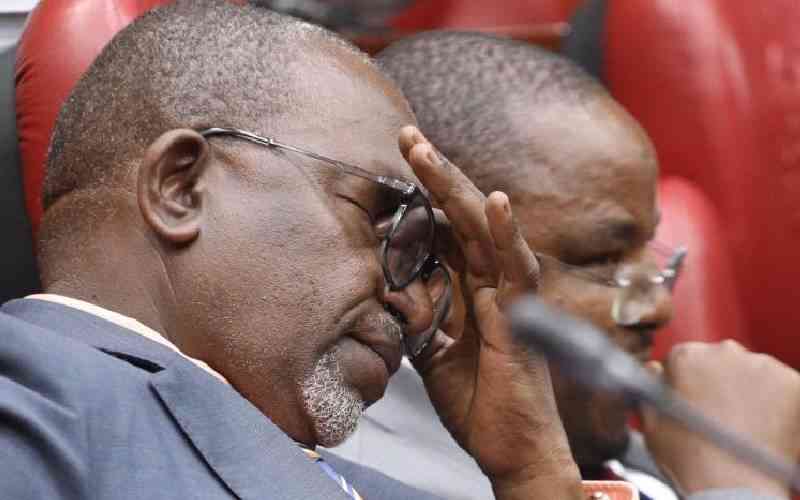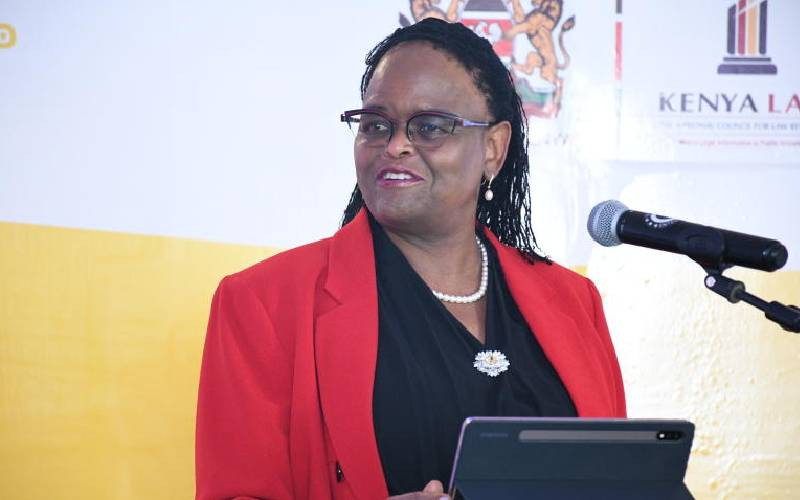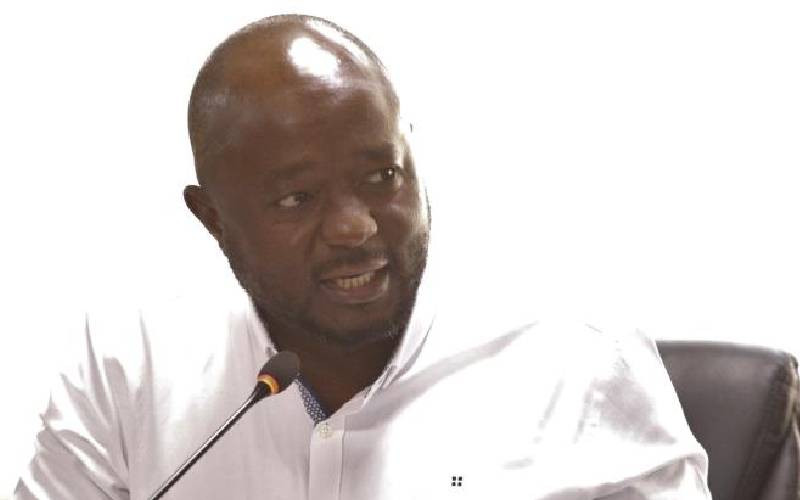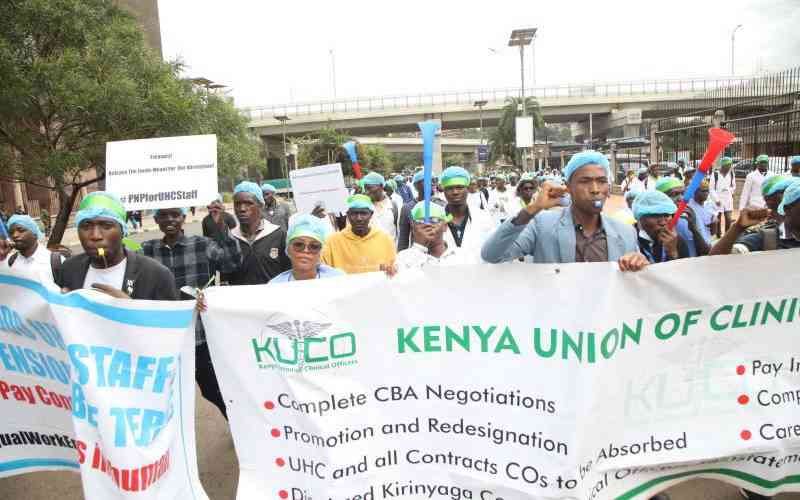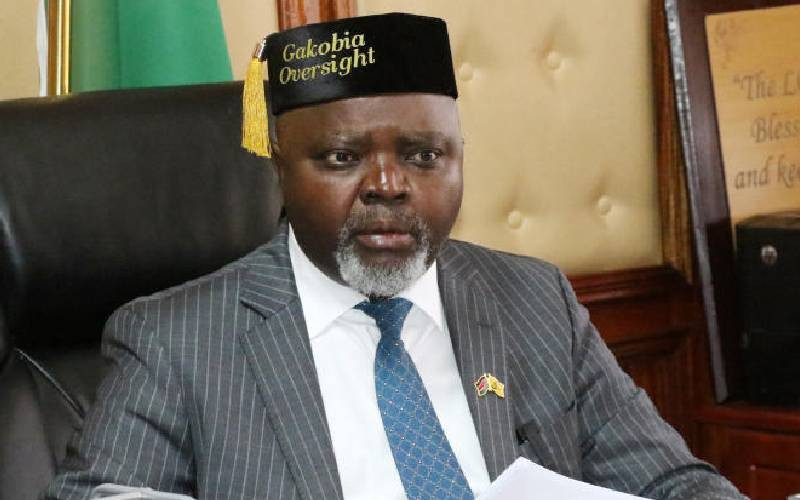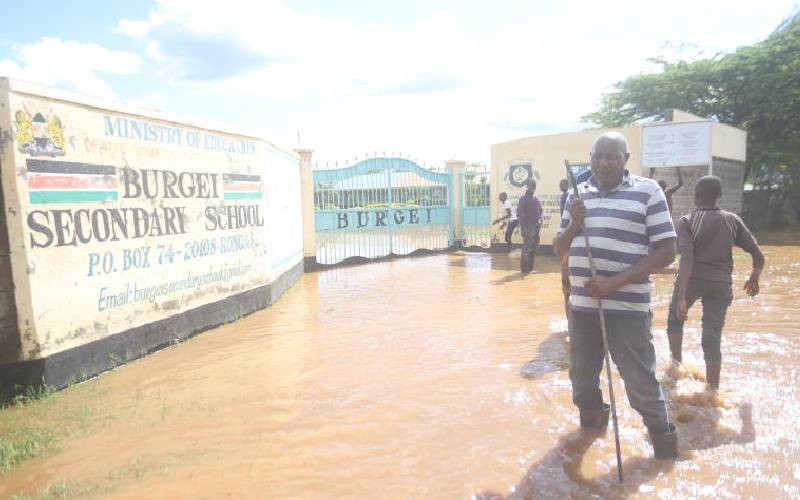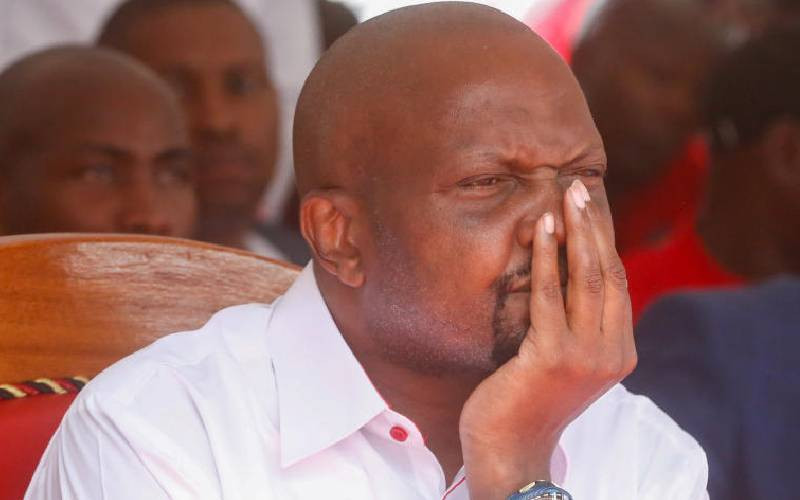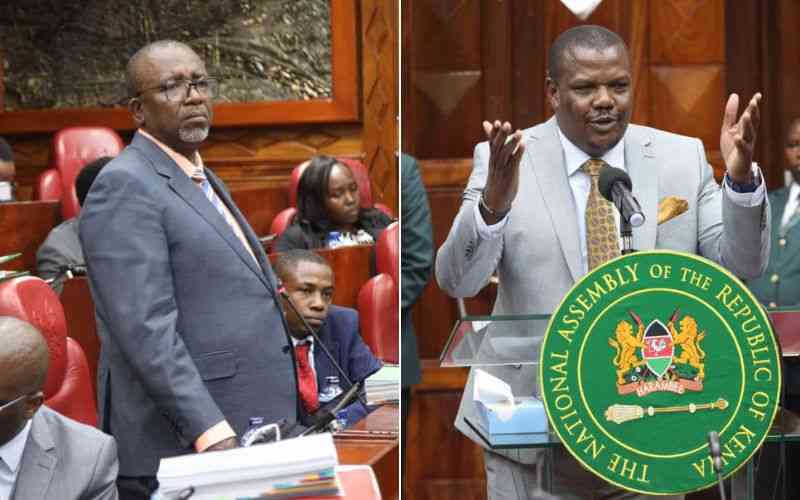
Party polls in Kenya have been a hotly contested affair since the 1980’s when candidates used every trick in the book to get elected into regional or national party positions.
For many years, grassroots elections have become a do or die affair whenever political parties like Kanu, Ford, ODM and now UDA have held their party polls around the country.
“People want to place themselves in those positions, to use them as a stepping stone for getting party tickets to contest elections especially in places where the party leader who is presumed to be a regional kingpin comes from,” says political analyst Martin Andati.
During the single party era, Cabinet ministers used their influence to be district Kanu chairpersons, positions they used to lock out politicians from rival camps contesting for civic and parliamentary seats.
And so, people like Sharif Nasir, Mulu Mutisya, Francis Lotodo, Elijah Mwangale, Oloo Aringo, Zachariah Onyonka, William ole Ntimama, Moses Mudavadi, Joseph Kamotho, Kihika Kimani, Nicholas Biwott and Henry Kosgey among others held district leadership for many years.
They used those positions to frustrate government critics like Jaramogi Oginga Odinga, Masinde Muliro, Martin Shikuku, Waruru Kanja, Jean Marie Seroney, Chelagat Mutai and Chibule Wa Tsiuma among others.
And so the advent of multi-party politics came with a lot of relief for many politicians in the country although many of the so called regional kingpins were against the idea when President Daniel arap Moi raised the proposal on December 3, 1991 at Kasarani Stadium.
“It is not the power of Moi’s party that has carried the day. It is the power of his critics demanding an end to detentions of political opponents, an end to the ban of opposition political rallies,” reported the Christian Science Monitor a day after.
The fight for party positions however did not end. The same continued in opposition ranks, first emerging in the original Ford, followed by Ford Kenya, Ford Asili and many more parties that have been registered over the years.
Andati recounts that during the Kanu era, President Moi was always elected unopposed as the national party chairman but that changed when parties created the position of party leader who is never elected, starting with ODM in 2007.
Grass roots elections have also been dogged by chaos, fraud, bribery and other unsavoury behaviour, leading to electoral violence that denies women senior leadership positions in political parties.
Political analysts also point out that ethnicity and personality cults play a very major role in determining the people who are elected to lead political parties.
“Politicians know that going to places like Rift Valley on any other party apart from UDA, is wasting your time. You also have to be a William Ruto loyalist to make it in his backyard,” says Andati.
Guaranteed
And so apart from wooing party members, there is also another contest on who is more loyal to the party leader especially in UDA and ODM strong zones of Rift Valley and Luo Nyanza respectively.
In the last general elections, getting a UDA ticket in Rift Valley and the Mt Kenya region almost guaranteed one to be either elected or re-elected, but a similar scenario is not expected to be repeated in the party polls, especially in the Mt Kenya areas.
“There are some hostile wars in UDA. You will notice that the competition in Mt Kenya will be low keyed not in the ongoing party polls. It will not be as volatile as the last elections because most people there are on a wait and see mode,” adds Andati.
Former Nairobi Town Clerk Philip Kisia also thinks President William Ruto’s preferred candidates and cronies will carry all the seats when UDA polls are held in the Mt Kenya region but they may not have any influence in the 2027 presidential elections.
He further contends that most of Ruto’s allies in the region came into office through a political wave that was driven by the hustlers versus dynasties narrative that has now shifted.
“That narrative cannot work, because Central will most likely revolt. If there are no people benefiting from Ruto’s government, they may be just a few, but the ordinary person is suffering because their tea is not getting milled and small businesses are also carrying the burden through heavy taxation,” says Kisia.
Since all political parties in the country are not institutionalised, they rely more on the personality of the party leader, especially in Raila Odinga’s ODM party where the party’s fortunes will greatly change should he resign after getting the African Union chairperson’s seat next year.
Last month National Assembly Minority Leader Opiyo Wandayi dismissed claims that factions had split the ODM party as leaders jostled over the position of party leader.
He said Raila will continue steering the party as rumours swirled around that factions allied to former governors Hassan Ali Joho and Wycliffe Oparanya were bracing for a major fight after the party leader’s departure.
“Even if Raila clinches the African Union Commission chairmanship he will still steer the party, and were he to resign as the ODM party leader, the post will be a free for all to contest,” said Wandayi. But Andati argues that it will not be business as usual in ODM, and the party polls in Luo Nyanza and some of the regions that support Raila, may also not be as hotly contested as when he is involved in party politics.
In the past party grassroots elections, among the biggest challenges were names of members missing in party registers but both UDA and ODM had announced that they were ready for the exercise before the latter postponed the exercise.
“UDA said it will be using electronic gadgets which will be less contentious, but it also easy to rig when using such a system because the gadgets can sometimes be easily manipulated,” says Andati.
On Friday, it was reported that election materials were found hidden in a forest near Kutete Primary School in Narok East, as contestants raised fears of collusion and attempts to rig some officials into office.
West Pokot Governor Simon Kachapin also urged leaders in the county not to exploit the ongoing UDA elections to divide the electorate. “Early campaigns will divide and make us lose direction,” said Kachapin.
Despite announcing that the electronic voting process would be flawless, many voters, among them Governor Johnson Sakaja and Dagoretti South Member of Parliament John Kiarie failed to vote in Nairobi with similar hitches being experienced elsewhere.
 The Standard Group Plc is a multi-media organization with investments in media platforms spanning newspaper print
operations, television, radio broadcasting, digital and online services. The Standard Group is recognized as a
leading multi-media house in Kenya with a key influence in matters of national and international interest.
The Standard Group Plc is a multi-media organization with investments in media platforms spanning newspaper print
operations, television, radio broadcasting, digital and online services. The Standard Group is recognized as a
leading multi-media house in Kenya with a key influence in matters of national and international interest.

